What is circadian rhythm sleep disorder?
There is an internal clock in your body, which causes you to feel sleepy at night and more awake and alert during the day. Clocks used to regulate natural sleep-wake cycles are known as circadian rhythms. The disruption of this cycle is referred to as a circadian rhythm sleep disorder.
Circadian rhythm disruption can contribute to health problems such as daytime sleepiness, depression and fatigue. If you have a circadian rhythm sleep disorder, you may need to change your sleep schedule.
Read: Nightmare Disorder
What are the symptoms of circadian rhythm sleep disorder?
Circadian rhythm sleep disorder symptoms can affect a wide range of aspects of your life. There are different symptoms associated with each type of disorder. The following symptoms are common among people with circadian rhythm sleep disorders:
- Inability to sleep
- Sleeping problems
- Feeling unrefreshed after sleeping
Circadian rhythm sleep disorder types
There are several types of circadian rhythm sleep disorder. Sleep patterns are often classified based on what time an individual usually sleeps.
Advanced sleep phase disorder (ASP)
Those with this condition often go to bed between 6 and 9 pm, earlier than most people. People with ASP also wake up early, around 2 to 5 am most mornings.
Delayed sleep phase syndrome (DSPS)
The prevalence of DSPS is estimated to be between 7 and 16 percent among adolescents. A person with this condition usually sleeps later than most and either wake up later or has trouble waking up in the morning. Most young adults and adolescents suffer from this condition. People with DSPS are often described as “night owls.”
Read: Restless Legs Syndrome
Non-24-hour sleep-wake disorder (Non-24)
Most people with this disorder do not recognize that lighting signals circadian rhythms since their brains cannot recognize them. Their sleeping patterns are irregular and fluctuating. The sleep times of these children tend to shift along until they eventually become day sleepers. Some factors contribute to this condition such as dementia, blindness and intellectual disability.
Irregular sleep-wake disorder (ISWD)
A person suffering from this condition is unable to sleep for extended periods. A brief nap may be taken throughout the day instead. Several sleep episodes occur throughout the day at varying times, which are known as sleep episodes. Symptoms include sleeplessness and excessive sleepiness. Dementia and other neurological disorders can contribute to this condition.
Jet lag disorder
Traveling to another time zone can cause this condition in people of all ages. Body clocks often have a hard time adjusting to new times. There is a direct correlation between time zone differences and symptoms. There is usually no cure for this condition, and some people are more affected than others.
Shift work disorder
Working at night or in the early morning may cause nocturnal sleep disorders. The condition leaves sufferers unable to sleep enough at night to make up for lost sleep during the day.
Read: Work Depression
Circadian rhythm sleep disorder causes

Sleep is influenced by several factors, including:
- Light
- Physical activity levels
- Social activities
- Melatonin levels, a sleep hormone
An irregular circadian rhythm is caused by at least one of these factors.
Melatonin is released by the pineal gland in the brain. A circadian rhythm sleep disorder is more likely to affect patients who have disorders of the brain.
Read: Hypersomnolence Disorder
Who is at risk for a circadian rhythm sleep disorder?
A person who suffers from a circadian rhythm sleep disorder may be more likely to develop certain health conditions. It is more common in patients with chronic obstructive pulmonary disease or congestive heart failure. Medical conditions may also increase your risk of:
- Chronic pain syndromes
- Dementia
- Hyperthyroidism
- Intellectual disability
Sleep can become difficult when taking certain medications. Some of these include:
- Amphetamines
- Asthma-treating beta-adrenergic drugs
- Clonidine
- Selective serotonin reuptake inhibitors (SSRI)
- Steroids
- Theophylline
Circadian rhythm sleep disorders are more common among people who travel abroad frequently. Evening shift workers face the same risks.
How are circadian rhythm sleep disorders diagnosed?
Circadian rhythm sleep disorders can be diagnosed by a sleep medicine specialist. You will typically be advised to keep a sleep diary by the specialist. In this journal, you record what time you went to bed and when you woke up for up to two weeks.
A sleep actigraphy may be suitable for those who have difficulty maintaining a sleep journal. A wrist monitor is used to measure how much time people spend awake and asleep.
Sleep studies may also be recommended by sleep medicine specialists. During this time, you will be observed while you sleep. Sleep studies may include heart monitors, breathing monitors, or both. Sleep medicine specialists use this information to rule out sleep disruptions caused by heart and/or breathing problems.
Read: How Pandemic COVID-19 Affects Our Dreams
Circadian rhythm sleep disorder treatment
Circadian rhythm sleep disorders can be reduced if melatonin and light are addressed, the two main factors affecting sleep. People who suffer from insomnia can find relief by making a combination of changes to promote better sleep.
Medications
The hormone melatonin, which regulates sleep-wake cycles, can be bought over-the-counter by people who have trouble sleeping. It is thought that this remedy can also help with jet lag.
When a patient has acute insomnia, their doctor may also prescribe a benzodiazepine medication from the benzodiazepine class of drugs. When these medicines are stopped, insomnia can return. It is also known that benzodiazepines are addictive. Here are a few examples:
- Estazolam
- Flurazepam
- Quazepam (Doral)
- Temazepam (Restoril)
- Triazolam (Halcion)
Circadian rhythm sleep disorders are also treated with nonbenzodiazepine hypnotics. There are no addictive properties of these medications, unlike benzodiazepines. Patients also don’t get a rebound effect when they stop taking the medications. Here are a few examples:
- Eszopiclone (Lunesta)
- Zaleplon (Sonata)
- Zolpidem (Ambien, Ambien CR, Edluar)
Read: Periodic Limb Movement Disorder
Home care
Making your bedroom more sleep-friendly may prove beneficial for people with circadian rhythm sleep disorders. The following are included:
- Engaging in quiet activities before bedtime, such as reading
- Avoid bright lights at night
- Having a quiet, comfortable room to sleep in
Rather than using stimulants before bedtime, refrain from using caffeine, nicotine, and strenuous physical activity. Additionally, it is advisable not to drink alcohol, which disrupts sleep.
DSP sufferers are more likely to return to normal sleep patterns with bright light therapy. These treatments include turning on bright lights for two hours after awakening in the morning.
Read: Central Sleep Apnea
What is the outlook for circadian rhythm sleep disorder?
Sleep disorders caused by Circadian rhythms are not always problematic. Many people who experience circadian rhythm sleep disorders can sleep enough, regardless of their difficulty maintaining a traditional sleep schedule. The following complications can occur for those who do not sleep enough:
- Depression
- Disrupted social schedule
- Insomnia
- Concentration problems at work
People experiencing circadian rhythm sleep disorder may be able to resume a more normal sleep schedule by making changes to their sleep routines and light exposure. Others may need medication or a change in work schedule to reduce their symptoms.
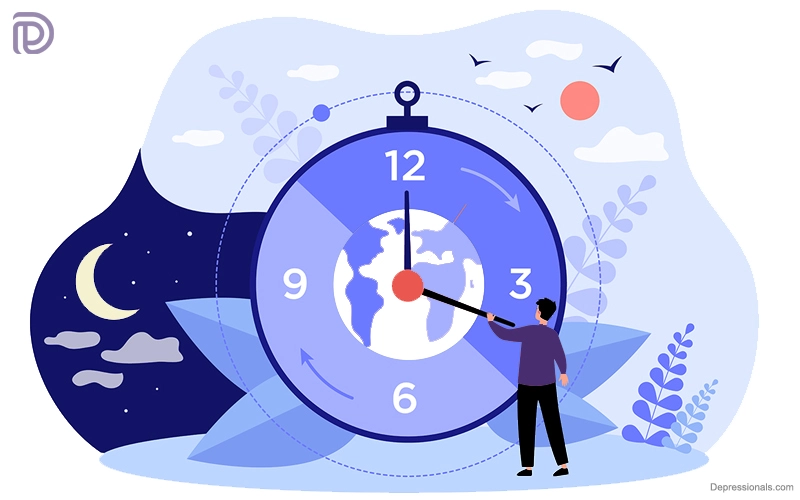
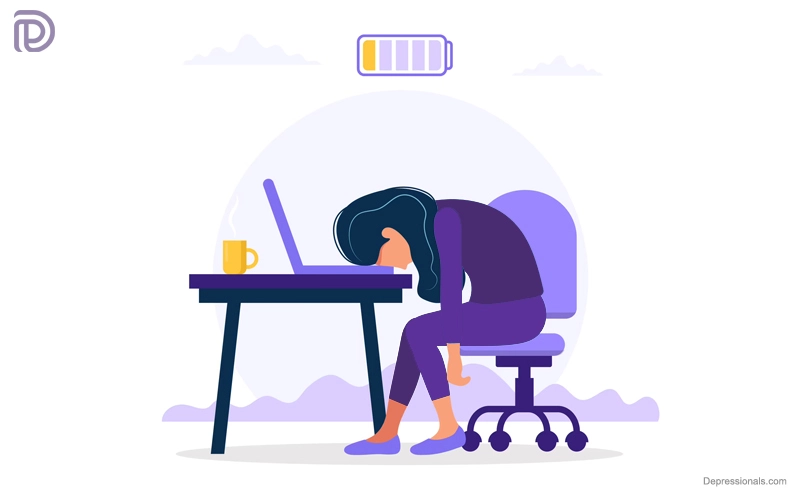
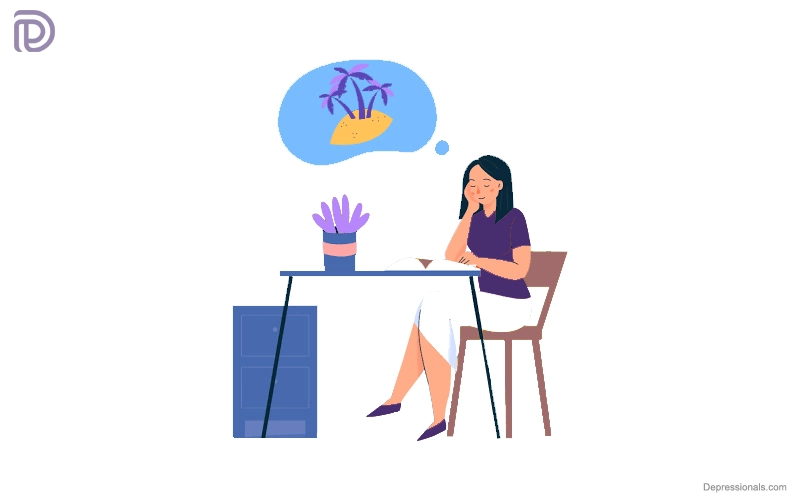
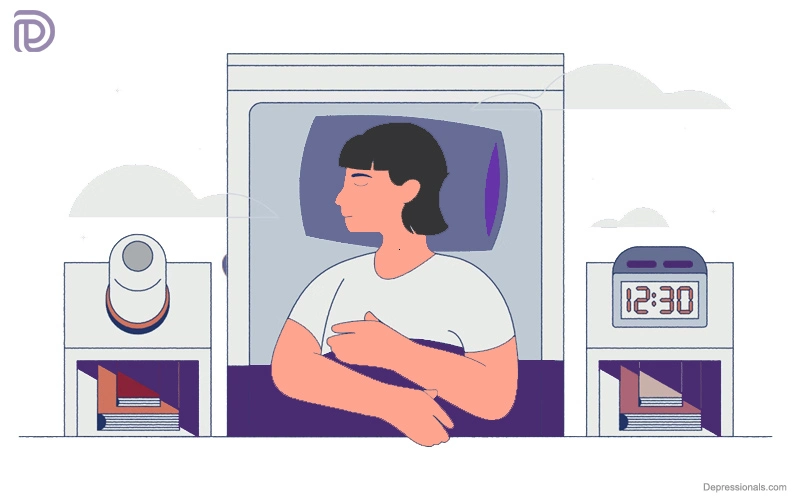
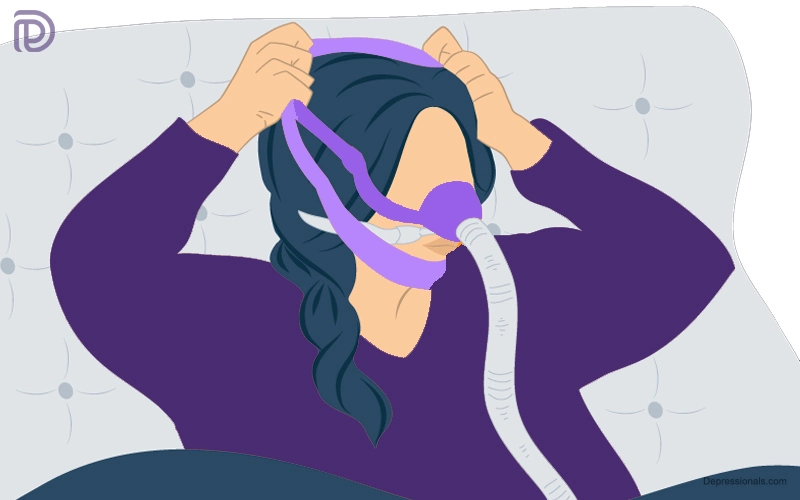

A precise, well-wrtitten post. Thanks heaps for sharing it.
I visit each day a few sites and blogs to read content, but this blog offers quality based writing. I like the valuable information you provide in your articles. I’ll bookmark your weblog and check again here frequently. I’m quite certain I will learn lots of new stuff right here! Best of luck for the next!
A precise & well-wrtitten post. Thanks heaps for sharing it.
Howdy! I could have sworn I’ve been to this blog before but after browsing through some of the post I realized it’s new to me. Nonetheless, I’m definitely delighted I found it and I’ll be book-marking and checking back frequently!
With havin so much content do you ever run into any problems of plagorism or copyright infringement? My blog has a lot of unique content I’ve either written myself or outsourced but it seems a lot of it is popping it up all over the web without my permission. Do you know any solutions to help stop content from being ripped off? I’d truly appreciate it.
excellent put up, very informative. I wonder why the opposite experts of this sector do not understand this. You must proceed your writing. I’m sure, you have a great readers’ base already!